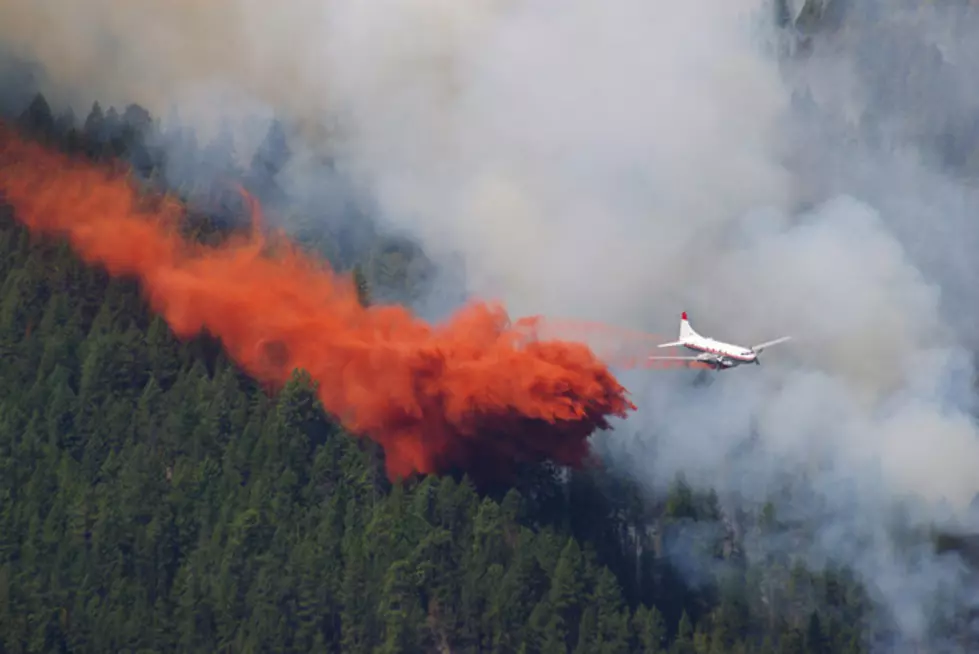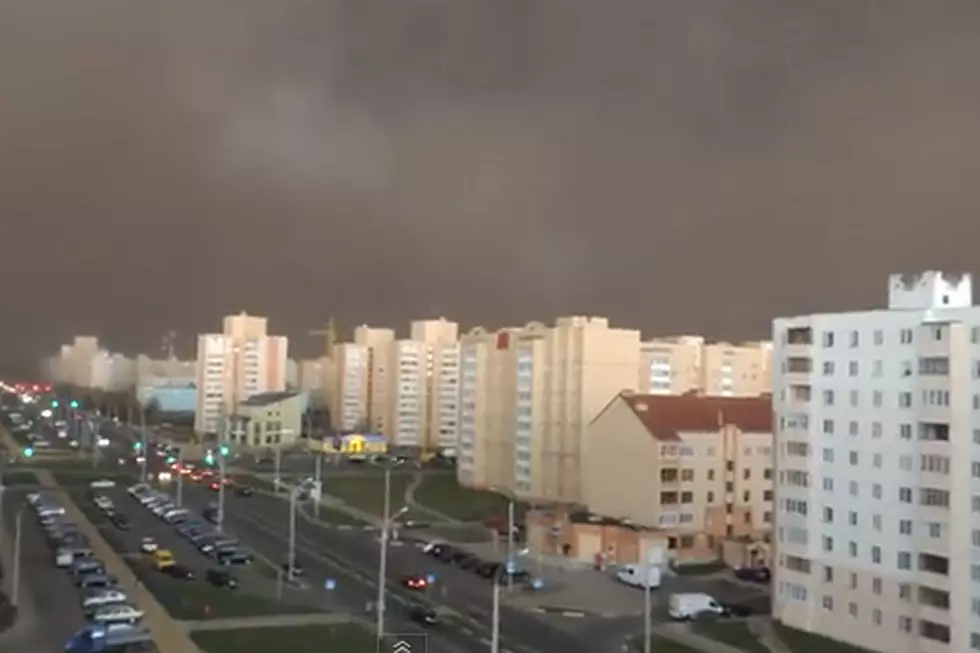
Michigan Fire Season Builds During Wildfire Prevention Week
The taste of good weather we had this weekend is a reminder to rehash some good habits when burning debris or when you're out camping in Michigan.
Most of Michigan’s wildfires occur in the spring – April, May and June. The Michigan DNR says April is when wildfires start becoming a problem. “One out of three wildfires in Michigan is started by someone who did not take proper precautions or obtain a burn permit before burning yard debris,” said Dan Laux, DNR fire prevention specialist. “Many people look outside and think the snow and spring rains have taken the edge off the wildfire danger, but that's not the case.
“The dried leaves, needles and brown grass from last year are still there. When the weather is warm, folks want to get out and clean up their yards. They don’t realize that all it takes is one strong wind gust catching an ember to ignite a wildfire.”
He added that the brown, dead grass could be damp from showers in the morning, but if the sun comes out and the winds pick up, there can be fires that afternoon. That’s how quickly conditions change.
Laux said this is why planning is so vital before a match is even lit.
A person is required to get a burn permit prior to burning brush and debris in Michigan. Residents in the northern Lower Peninsula and Upper Peninsula can obtain a free burn permit by visiting www.michigan.gov/burnpermit or by calling 866-922-2876. Residents in southern Michigan should contact their local fire department or township office to see if burning is permitted in their area.
In addition to obtaining a burn permit, the DNR recommends people take the following steps to help prevent wildfires:
- Pay attention to the fire danger in your area. Don’t burn debris when conditions are dry or windy. Unsafe burning of leaves, brush, and other debris is a main cause of wildfires.
- Consider composting or mulching yard debris rather than burning it.
- Clear away flammable material surrounding the fire so it won’t creep into dry vegetation.
- Keep campfires small, and do not leave before they are fully extinguished.
- Be sure to douse fires with plenty of water, stir, and add more water until everything is wet.
- Do not cover a campfire with soil; it may simply smolder before coming back to life.
- Embers can reignite. Make sure they are out completely.
“Be safe and smart when it comes to fire,” Laux said. “Fire prevention is everyone’s responsibility.”
For more tips on how to safeguard homes and property from wildfire risk, please visit www.michigan.gov/preventwildfires.
More From WKMI









